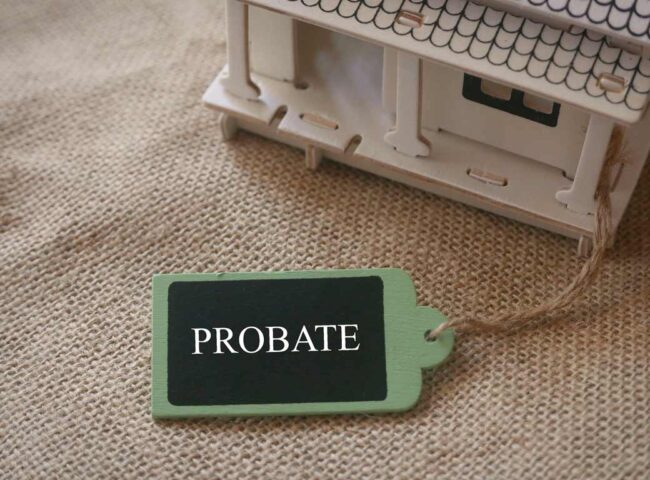Haimo Law | Estate & Business Planning
By Barry E. Haimo, March 21st, 2022
There are a number of valuable insights to be gleaned from the events that took place in the actor’s final days. And the tumultuous years of posthumous court battles are still memorable to many estate planning attorneys.
Less than two weeks before his death, 80-year-old Marlon Brando —reportedly suffering from dementia and the loss of normal bodily functions, like motor skills— suddenly decided to sign off on major changes in his will. The actor notably changed executors. He switched from a long-time personal assistant and business manager to a Hollywood producer and his brother-in-law.
His tale emphasizes the importance of proper estate planning.
According to Marlon Brando’s will that was ultimately validated by the court, Brando’s long-time companion, Angela Borlaza was not entitled to any of his estate. He originally hired her as a housekeeper, and she moved up to assist in other ways over the years. Instead, she was evicted —from the home she claimed Brando purchased for her in 2002— by the new executors. And the plan was to sell the property. Ms. Borlaza filed suit against the estate. She alleged Marlon Brando’s will was altered while his conditions left him “incapacitated, confused, medicated and non-communicative.” Although the exact terms were private, we do know Angela Borlaza wound up settling for what some may consider a paltry sum of $125,000. According to law, she was lucky to have come away with anything at all.
The lesson here is that in estate dissolution, a promise is never actually a promise until it is in writing. That is the only thing that can be verified in a court of law.
The key to ensuring all of your friends and family receive every benefit of what you leave behind is quite simple: put it in writing. Make it official through a will, trust, or other estate planning tool. You also need to keep documents updated because things inevitably change.





